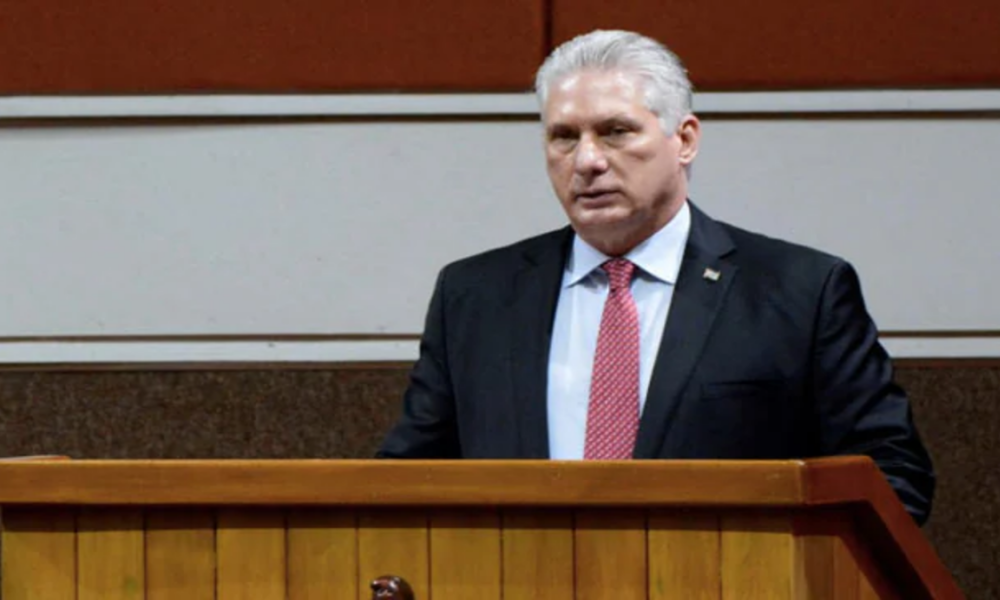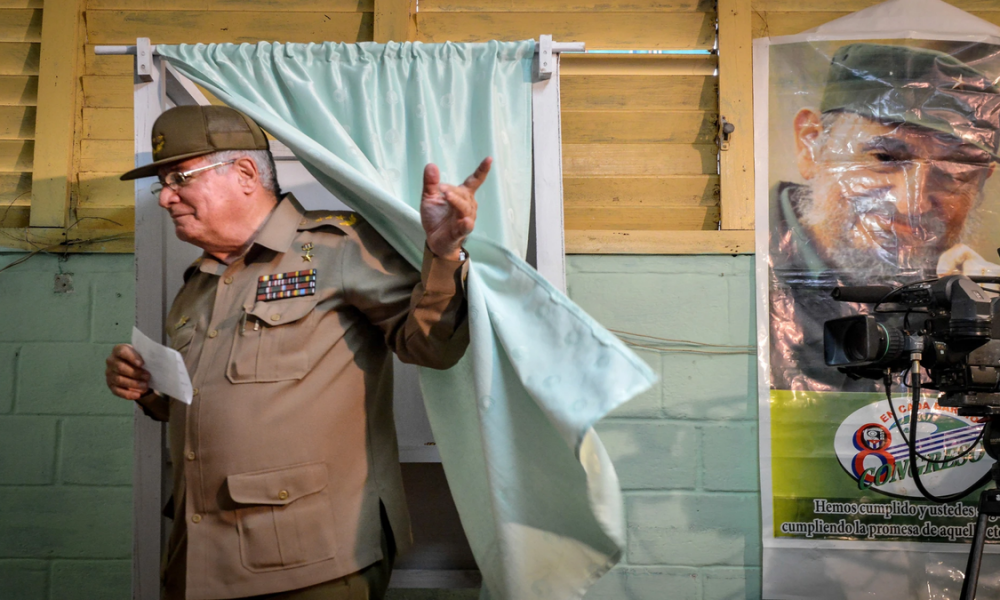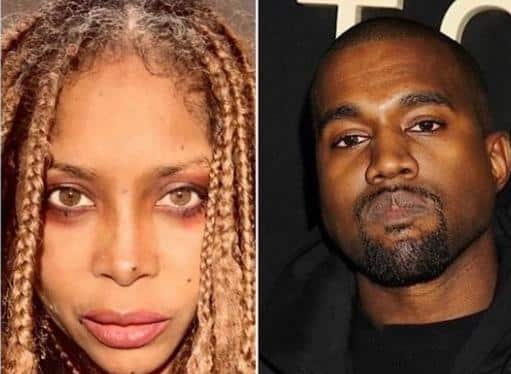Cuba President Miguel Díaz-Canel stated on Wednesday that the government’s handling of food shortages and other problems played an extreme role in the citizens’ unrest.
What We Know:
- Díaz-Canel’s admission on national television drastically changes the communist regime’s narrative. When the protests began, Díaz-Canel, the communist newspaper Granma, and other leaders blamed the United States embargo and social media for provoking violence. The Cuban President declared his government needed to “gain experience” from the demonstrations. Díaz-Canel also said he and other leaders would need to critically analyze Cuba’s problems to ensure they do not repeat the same mistakes.
- Prior to Díaz-Canel’s remarks, Prime Minister Manuel Marrero declared the country would ease some measures. These include allowing Cuban citizens to bring toiletries, food, and medicines home after traveling. Marrero also said the government would work to improve the national electricity system’s stability. Officials would additionally attempt to refine the country’s medical supplies. Although Cuba produces its own medication, its inputs must be imported from other nations. Furthermore, Economy Minister Alejandro Gil stated the state-owned enterprises’ directors can now determine salaries beyond Cuba’s regulations. Gil mentioned the government will even permit the formation of small and medium-sized enterprises, which they never allowed.
- However, in the same broadcast, Díaz-Canel scorned protestors for their actions. He said the Cuban society does not “generate hatred.” This may prove to Cubans that the government’s actions seem superficial.
“The feeling of Cubans is a feeling of solidarity and these people carried out these armed acts, with vandalism … yelling for deaths … planning to raid public places, breaking, robbing, throwing stones,” said Díaz-Canel.
- Since Sunday, Cubans have rebelled against Díaz-Canel and the Communist Party of Cuba by calling for their removal. Tensions between the government and its citizens reached an all-time high due to a lack of effort to reduce COVID-19 exposure, food shortages, power outages, and economic inflation. Instead of listening to the people, Díaz-Canel asked policemen, the military, and supporters of the regime to fight the demonstrators. The government also blocked internet and social media access so other nations could not see the demonstrations; Cuba now allows internet on the island, but it is unreliable. US President Joe Biden declared he would consider actions to improve internet access to Cuba on Thursday.
Despite the new measures, Cubans will continue to fight for governmental change. Since Fidel Castro took control of Cuba in 1959, the country has been under a communist regime. It has resulted in a lack of freedom, poverty, and overall decay of the once beautiful island.



